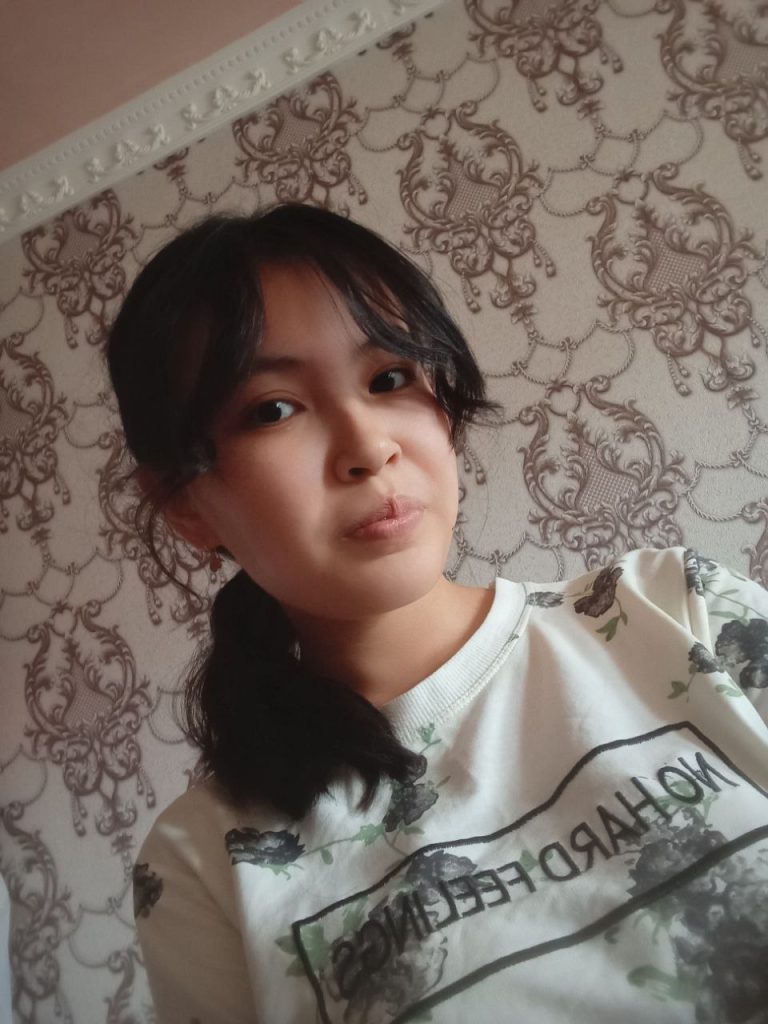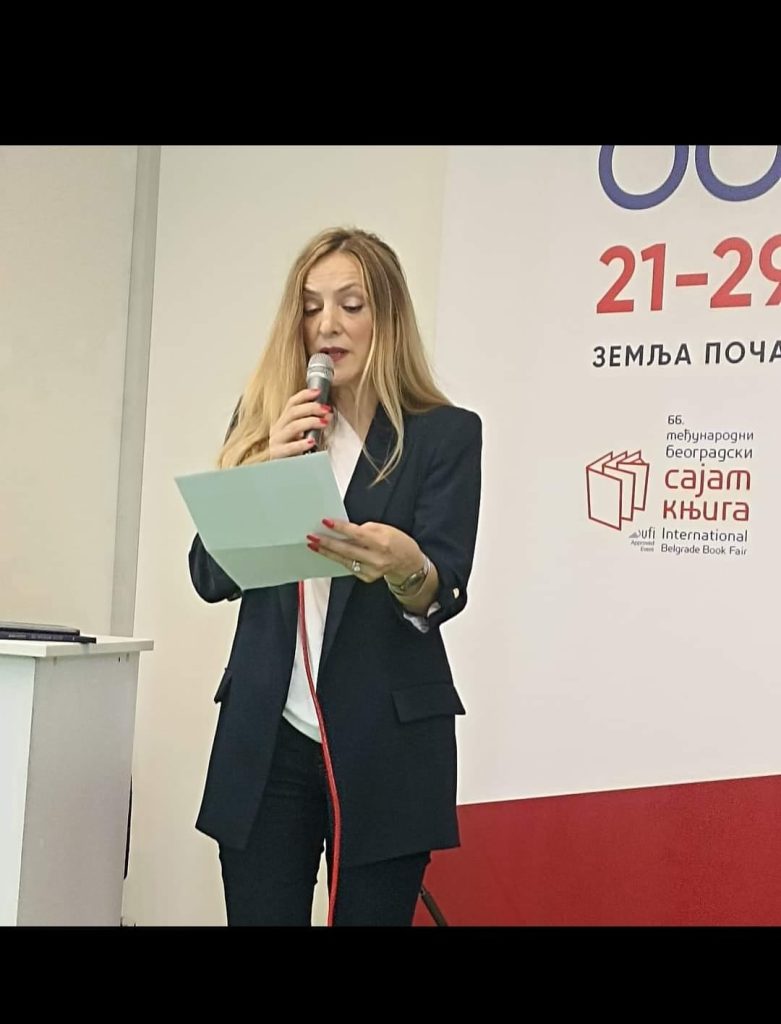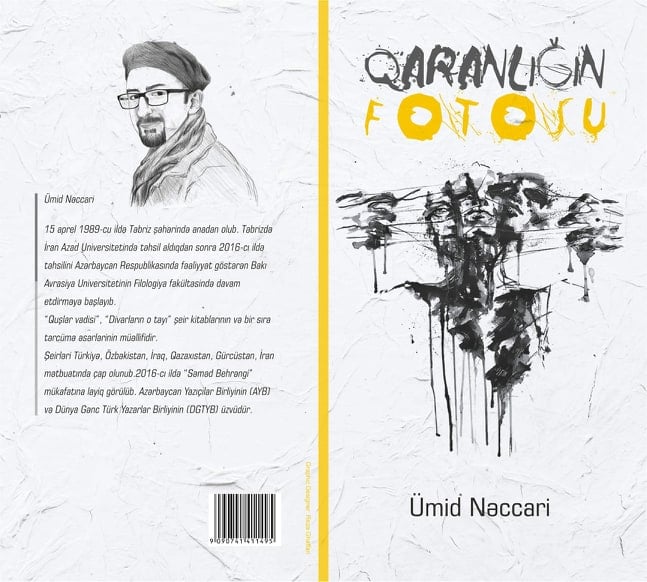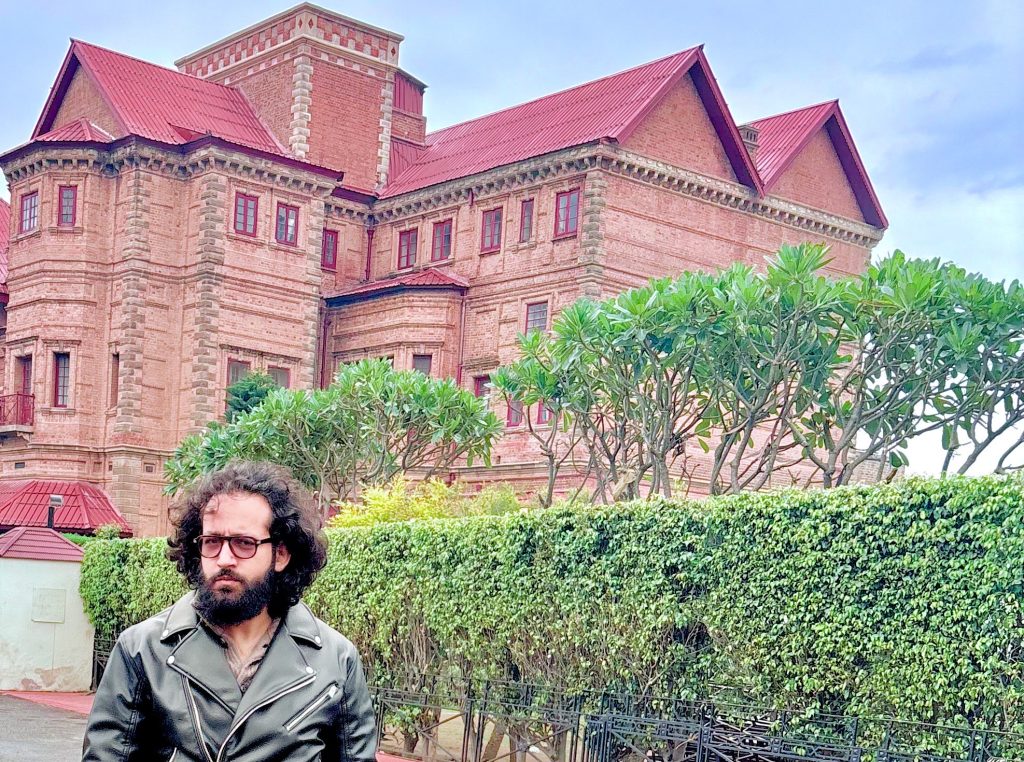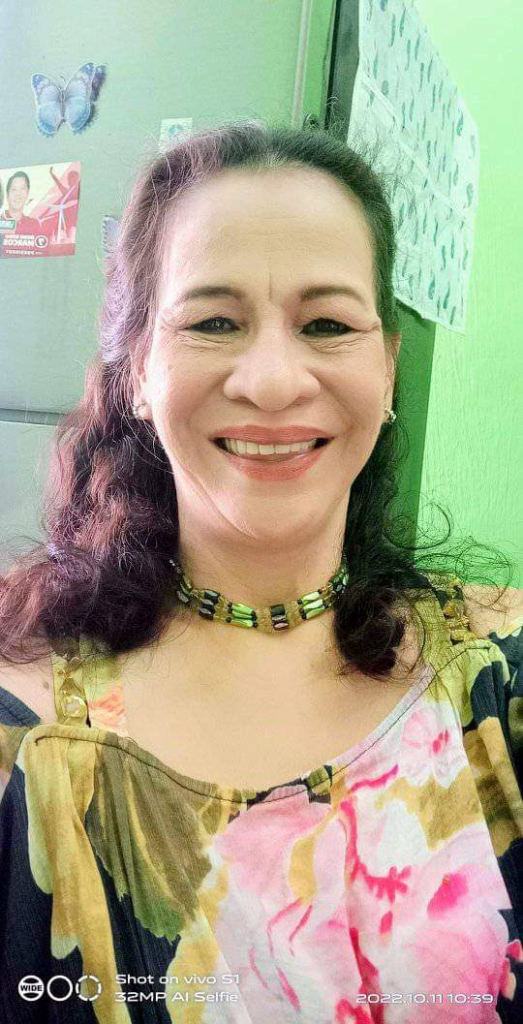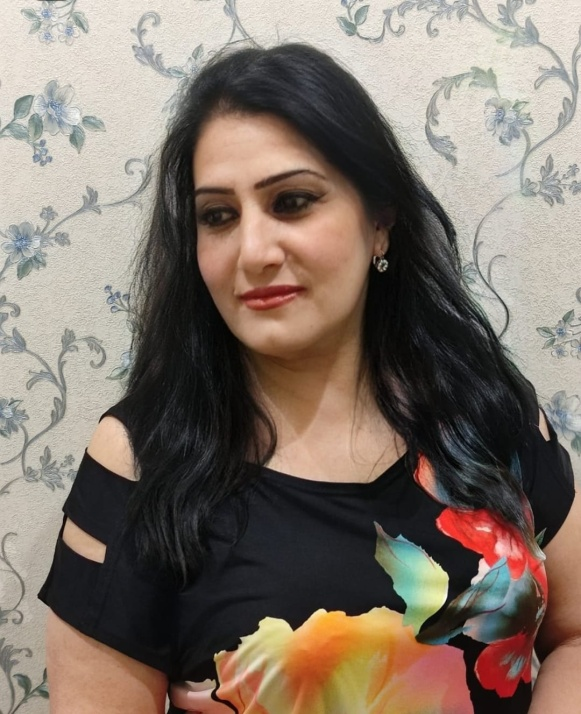
The Global Federation of Leadership and High Intelligence, based in Mexico, is creating a Mother’s Day poetry anthology and invites submissions. They are also hosting a video contest for creative work with paper fibers.
Poet and essayist Abigail George, whom we’ve published many times, shares the fundraiser her book’s press has created for her. She’s seeking contributions for office supplies and resources to be able to serve as a speaker and advocate for others who have experienced trauma or deal with mental health issues.
Also, the Educational Bookshop in Jerusalem, a store that has the mission of peaceful dialogue and education, invites readers to donate new or gently used books (all genres) that have been meaningful to them, with a note enclosed for future readers about why the books were meaningful. (The books don’t have to be about peace or social justice or the Mideast, although they can be). Please send books here. US-based Interlink Publishing has also started a GoFundMe for the store.
We’re also having a presence at the Hayward Lit Hop festival this year, and we encourage everyone to attend this free, all-ages event! Many local writers will share their work and we will also host an open mic.
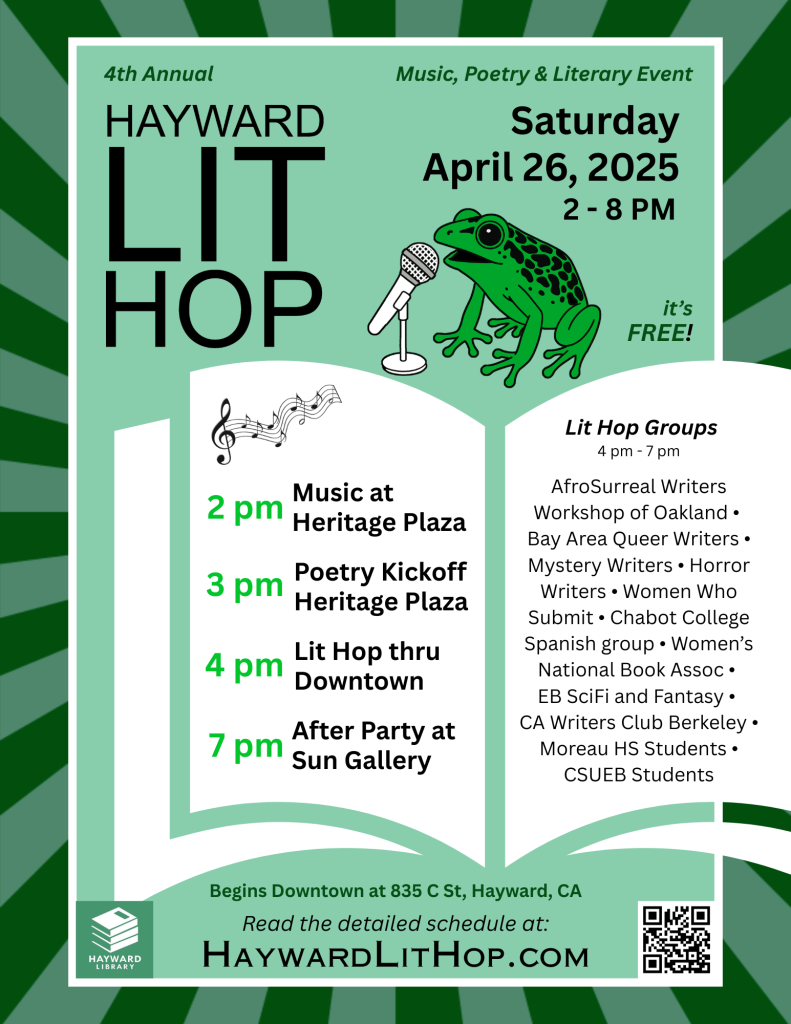
This month’s theme is Journeying Inward.
Lidia Popa seeks her true self, believing in the value of her quest. Samira Abdullahi acknowledges her scant resources and the obstacles before her, yet bravely forges ahead towards her life’s goals. Xavier Womack expresses determination to stay free of a relationship that has turned controlling and toxic.
Maurizio Brancaleoni crafts bilingual English/Italian introspective vignettes. Philip Butera reflects on noticing different types of flowers throughout his life, paralleling his different moods. Christina Chin of Malaysia and Paul Callus of Malta collaborate on haiku resplendent with action and sensory detail about the minutiae of human life, highlighting how even smaller thoughts matter.
Charitha Jammala’s mystical poetry probes the depths of the human mind and soul, celebrating our inner essence and integrity. In elegant poetry, Haroon Rashid reminds us to look inward to find joy and peace rather than expecting it from the outside world. Alex S. Johnson revels in the dreamscape of human consciousness in his expansive poem.
Beatriz Saavedra Gastelum probes the power of dreaming to explore human consciousness in Alfonso Reyes’ writing. Christina Chin and Uchechukwu Onyedikam collaborate on haiku capturing the delicacy and deliciousness of creative tension and human spiritual journeys. Fatima Anisa Ibrahim depicts the peace she finds upon sleeping, waking, and beginning a new day.
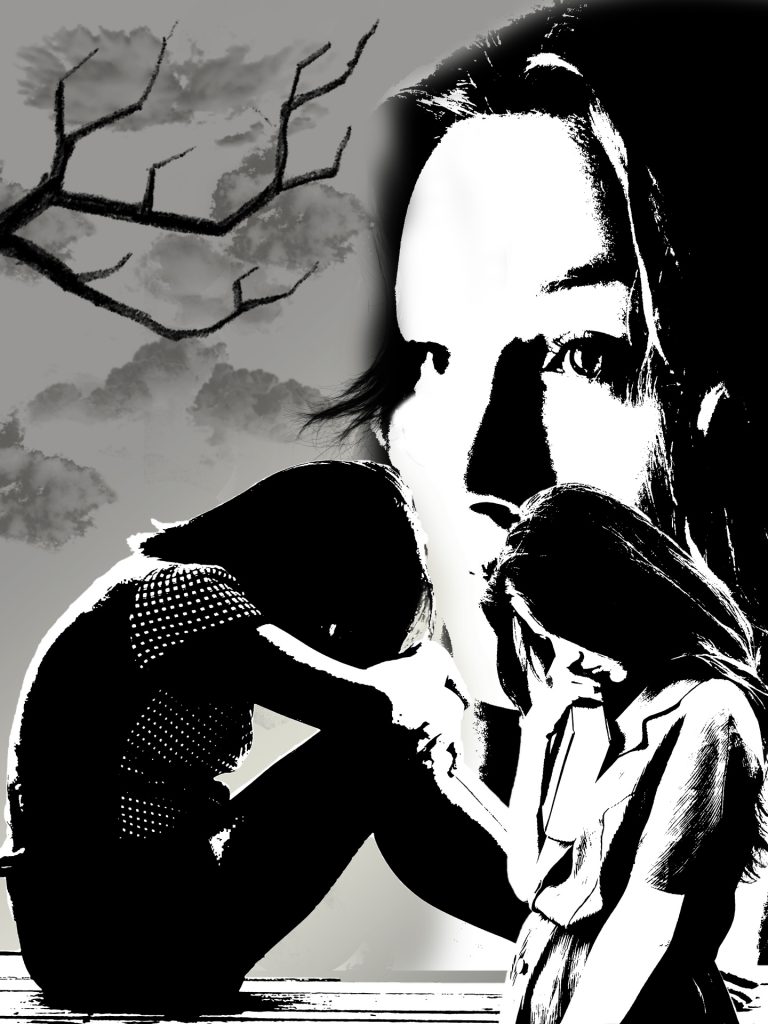
Stephen Jarrell Williams’ poetic cycle drums up a sense of urgency, evoking human mortality and spiritual quests. Peter Cherches speaks of time and memory, incidents that make us, small puny humans as we are, question all that we remember. Mykyta Ryzhykh renders the dissolution of language and identity through creative poems. Alaina Hammond probes the effect of present experiences to shift memory and identity in her drama, set at an art opening. J.K. Durick’s poems also address identity in a way, pointing out human experiences we face individually, yet share with many around the world.
Philip Butera’s lengthy poem explores existence, seduction, and morality through a lens of mutable personal identity and the archetypes of Greek mythology. Two literary critics, Dr. Selvin Vedamanickam and Grock, explore the struggle of individual people in a world that seems indifferent in Dr. Jernail S. Anand’s epic poem Geet: The Unsung Song of Eternity.
Bhagirath Choudhary’s piece honors and includes the feminine as well as the masculine in what it means to be human, and divine. Jacques Fleury, a Black man from Haiti, asserts his belonging to the universal human family regardless of racial distinctions.
Patrick Sweeney writes disconnected short pieces with an element of whimsy that explore our curiosities and obsessions. Duane Vorhees’ poetry revels in earthy sensuality and explores questions of personal identity, reality, and fantasy.

Kylian Cubilla Gomez’ images focus on fun and imagination in his images of children’s toys. Ochilova Ozoda Zufar shares a children’s story about travel, friendship, and new experiences. Abigail George reflects on her life’s trajectory, how circumstances made her the mother of words rather than human children.
Elan Barnehama’s short story places us back in our early twenties, when many of us were still making major life decisions. Still, many people past that age express similar sentiments. Tagrid Bou Merhi affirms the drive towards personal and artistic freedom. Anna Keiko reflects on how she has followed the call of poetry in her life. Chad Norman’s brash poetry celebrates the freedom to do and say and love as he wishes in his native Canada.
Doug Hawley relates his experiences in the natural vastness of mountainous and lesser-known eastern Oregon. Maja Herman Sekulic’s speakers lay exposed in the city, under the weight of human emotion as much as the heat of the sun and the relentlessness of the rain.
J.J. Campbell conveys regret, despair, and the lingering effects of a broken past. Mark Young’s poetry presents with wry humor dreams pursued and derailed. Susie Gharib’s work reflects the anxiety and discomfort of the human condition and her desire to find and choose peace. John Dorsey’s speakers seek various forms of comfort and stability.
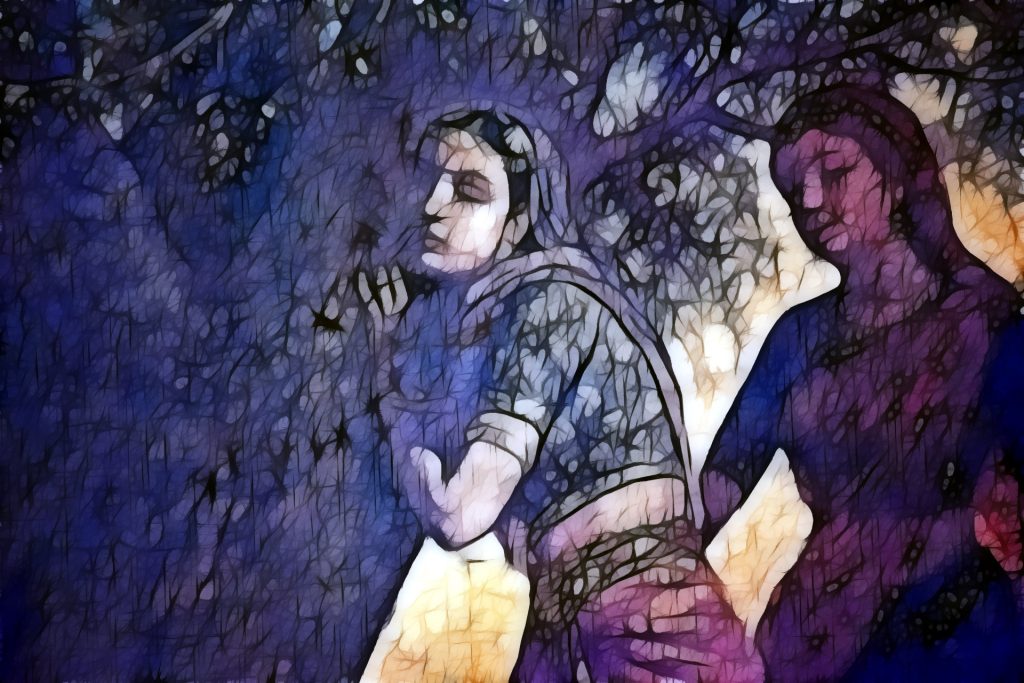
Brian Barbeito reflects on the life and death of his beloved dog, Tessa. Taro Hokkyo’s short poems speak to grief and loss, ending on a note of regrowth.
David Sapp speaks to the lingering psychological impact of physical and mental loss during the American Civil War. Dennis Vannatta’s essay explores the wartime inspirations for some of Chopin’s music and compares that with his own Vietnam experience.
Fadwa Attia reviews Mohamed Sobhi’s new play “Fares Reveals the Hidden” which explores identity, homeland, and belonging. Dr. Kang Byeong-Cheol speaks to loneliness, nostalgia, and empathy.
Atabayeva Gulshan examines loneliness through the lens of Chekhov’s writings. RP Verlaine’s work posits speakers surrounded by maelstroms of feeling, unable to do more than watch. Dr. Kareem Abdullah reviews poet Eva Petropoulou Lianou’s work on the power of human emotion and the power of the individual to transcend it.

Nigar Nurulla Khalilova implores deities, and her fellow humans, for compassion towards struggling people. Eva Petropoulou Lianou misses human kindness and simple pleasantries of life.
Graciela Noemi Villaverde speaks to the physical coziness of true and long-term love. Isaac Aju writes of first love between a generous young man and a strong young woman who doesn’t feel conventionally feminine. Makhmasalayeva Jasmina Makhmashukurovna encourages love and respect for the wisdom of parents.
Poet Eva Petropoulou Lianou reminds us to be kind and show common courtesy. Greek poet Eva Petropoulou Lianou interviews Chinese poet Yongbo Ma about writing as a spiritual practice to seek goodness in a harsh world. Elmaya Jabbarova highlights the power of the poet to engage with the senses and cast a vision for the world. Eva Petropoulou interviews Egyptian writer Ahmed Farooq Baidoon about his hopes and dreams for the human literary imagination to guide and transform our world, and also Venezuelan poet Mariela Cordero, who celebrates the evolution of literature and the unnoticed acts of kindness around us daily.
Sayani Mukherjee rests within a Romantic poet’s verdant natural dreamscape. Bekmirzayeva Aziza’s tale reminds us not to forget as we grow up that we can find happiness through simple pleasures and days in nature. Maja Milojkovic reminds us to care for the planet, asking us some hard questions in the process. Writer and literary critic Z.I. Mahmud compares Michael Crichton’s Jurassic Park to Mary Shelley’s Frankenstein in its critique of humanity’s quest to micromanage and control nature.
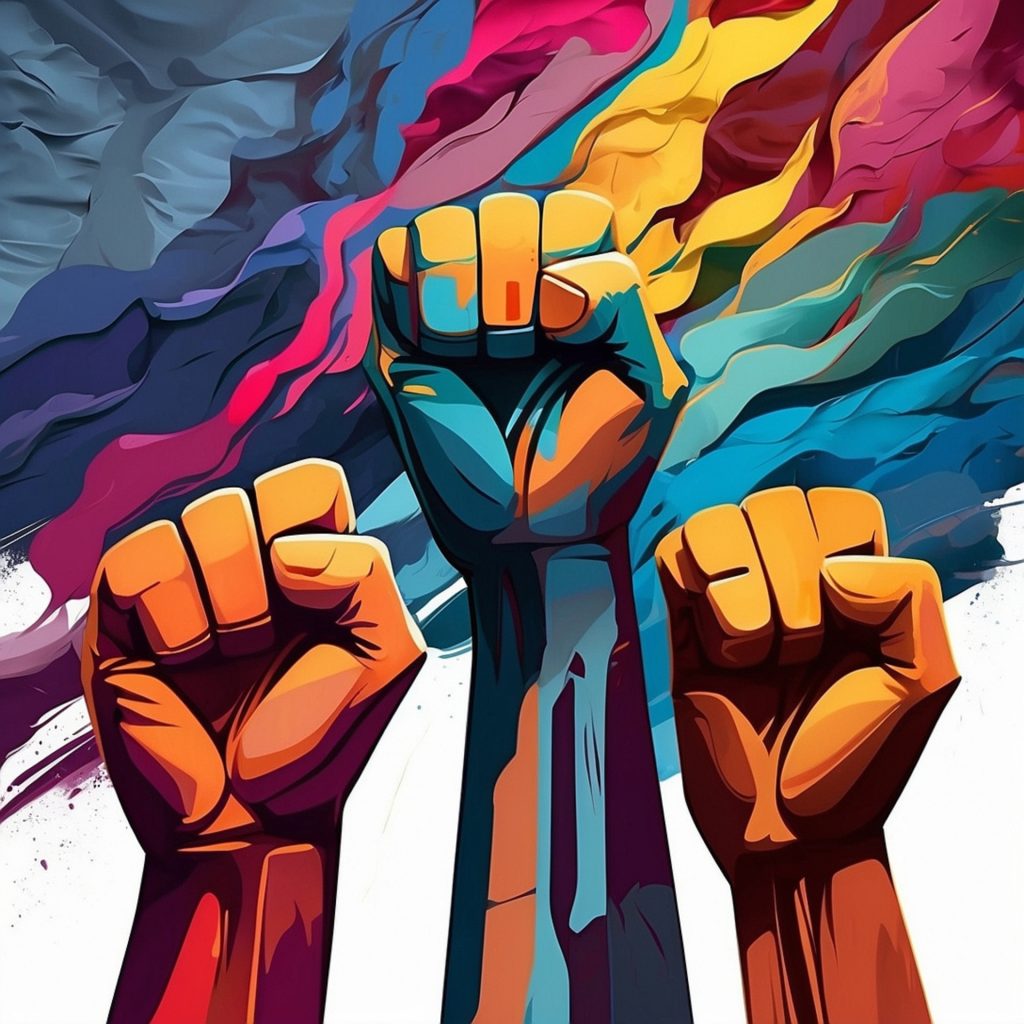
Idris Sheikh looks to the awakening and rebirth of Nigeria from poverty and violence. Joseph Ogbonna mourns the Ottoman Empire’s genocide of the Armenian people. Marjona Bahodirova’s story illustrates the pain and loss many women in Central Asia endure, due to class prejudice and intimate partner violence. Bill Tope’s short story explores the evolution of a formerly open-minded person into a bigot and the long-lasting harm that does to his family and ultimately, himself. Taylor Dibbert recollects an encounter with an aggressive and clueless neighbor as Bill Tope and Doug Hawley’s collaborative short story humorously addresses social misunderstandings accentuated by our society’s prejudices. Patricia Doyne’s poem laments political aggression, power grabs, and the rise of autocracy as Daniel De Culla laments the political danger posed to democracies by a culture of brash ignorance.
Shahnoza Ochildiyeva explores the impact of literature on the lives of characters in Markus Zusak’s novel The Book Thief. Even though books cannot save them from the Nazis, they consider literature worth the risk of their lives. Lilian Dipasupil Kunimasa calls on humanity to seek knowledge and cultural advancement in the pursuit of peace.
Tarane Turan Rahimli speaks to the burgeoning literary scene and cultural heritage of her native Azerbaijan. Alex Johnson’s poem celebrates the enduring literary legacy of Patti Smith and William S. Burroughs and the Beat generation. Malika Abdusamat suggests possibilities for the role of artificial intelligence in language learning. Grock outlines the work and career of Indian poet Dr. Jernail S. Anand and considers his originality and suitability for a Nobel prize.
Christopher Bernard reviews Cal Performances’ production of William Kentridge’s The Great Yes, The Great No, praising the vibrant stagecraft while questioning the value of celebrating the absurd in a time of real political absurdity. Chimezie Ihekuna observes that the world’s ways have become upside-down, strange, and unusual.
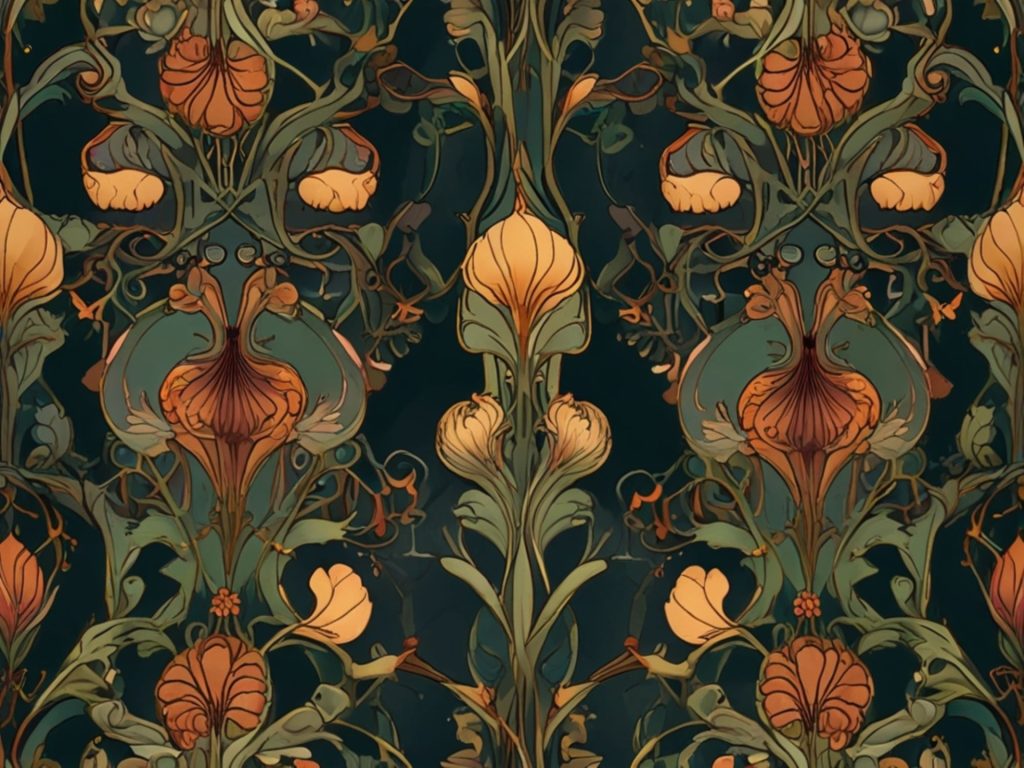
Dr. Andrejana Dvornic, in a presentation at the Belgrade Book Festival, explores themes of love, longing, and loneliness in the works of Umid Najjari. Teacher Liu Xingli sends in poetry from the elementary school students of the Xiaohe Poetry Society in China’s Hunan Province, which explores themes of nature and society, love and compassion, and heroism and sacrifice.
Federico Wardal honors the legacy of actor Marcello Mastroianni. Texas Fontanella sends up some vibrant, avant-garde music. Cristina Deptula reviews the anthology White on White: A Literary Tribute to Bauhaus, edited by Alex S. Johnson with a foreword from Poppy S. Brite.
Vernon Frazer plays with splashy words and images. Rizal Tanjung situates the paintings of Anna Keiko in the developing history of world art. Scott Holstad probes Husserl’s philosophical understanding of phenomena and being.
Norman J. Olson evokes the wonderment and curiosity we can experience when we look at art and history. Isabel Gomez de Diego’s photography honors the Spanish heritage of faith and craft. Erkin Vahidov reflects on Uzbekistan’s proud cultural heritage. Toxirova Ruxshona highlights advances in modern world modern medicine in her piece on diagnostics and treatment for a variety of skin diseases.

Bangladeshi writer Mahbub Alam expresses his respect and humility before God in his Ramadan poem. Jake Sheff draws on mythology and history as he memorializes his family members and other figures from the past. Nilufar Anvarova’s poem tells the story of an elder encouraging modern people to remember the past.
Dr. Lalit Mohan Sharma reviews Dr. Jernail Anand Singh’s epic work “From Siege to Salvation,” comparing the battles of the Mahabharata with the siege of Troy and affirming commonalities of our human experience. Cristina Deptula interviews Nigerian poet Uchechukwu Onyedikam about transcending cultural barriers through his international haiku collaborations.
We hope that this issue will draw you out to peek at the world from different cultural and generational vantage points, then pull you inward to consider the value and wonder of your own thoughts and psyche.

